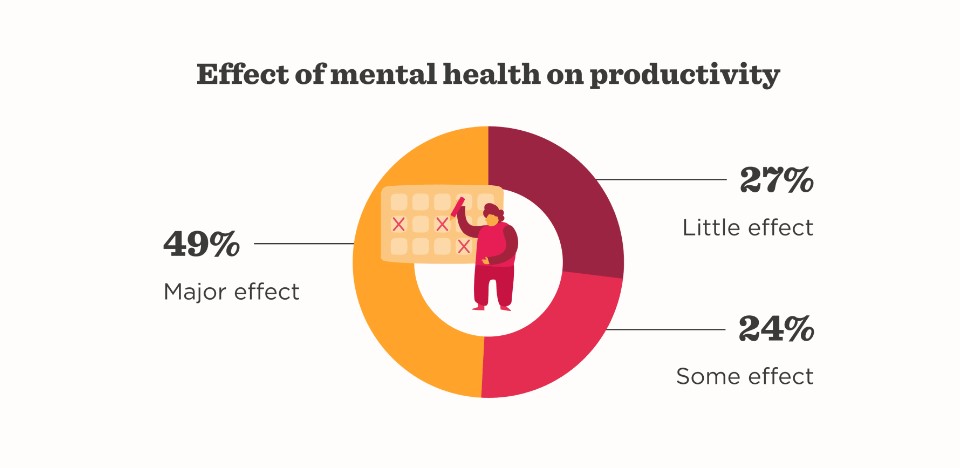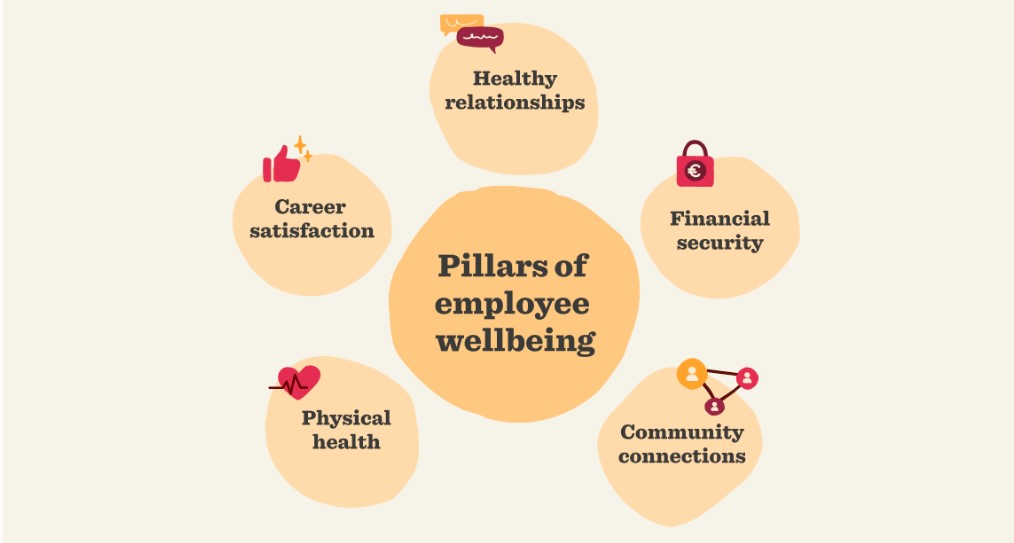Mental state of British workers: 70% will change job in 2024

- New research from HiBob finds that one fifth of UK workers are feeling burned out, leading 70% of workers to find a new job in 2024
- With January marking a new year, HiBob reveals that more than a fifth (22%) of British workers plan to say ‘no’ more often at work
- Almost a third (30%) of UK workers say that what motivates them the most while at work is proper support for a work-life balance
Research by HiBob, put a light on the mental state of workers in the UK, sharing the main motivations driving employees in the contemporary workplace and identifies key factors that will contribute to resignations throughout 2024.
What is mental health in the workplace?
Mental health in the workplace refers to employees’ psychological, emotional, and social well-being within a shared work environment.
Employees with sound mental health have respect for themselves and others, build positive relationships with co-workers, and cope with the daily challenges and responsibilities involved in the workplace.
The study revealed that a 20% of British feel burned out at work, while 29% express high levels of stress. Only 16 % describe their mental state at work as adequately supported.
Consequently, a significant majority of UK workers (70%) are contemplating a job change in 2024, with over a quarter (28%) planning to do so within the next six months.
Nearly a third (30%) of UK workers highlight proper support for work-life balance as their primary motivation at work, closely followed by aspirations for a salary increase or promotion (29%).

Working remotely vs in the office
Post-pandemic, the debate surrounding remote work versus in-office work has been a central theme. Despite a collective pursuit of a better work-life balance, only 11 % of British plan to work from home more frequently. In contrast, a substantial 88 % intend to maintain an office-based or hybrid working pattern.
Key factors drawing people back to the office include the need to separate work from home (20%), collaboration and teamwork (19%), access to resources (14%), and the allure of free heating in the winter (13%). However, 40 percent of UK workers express concerns about the increased travel costs associated with a mandated return to the office.
What are the advantages of employee health and wellbeing?
Wellbeing can support mental stamina, emotional intelligence, and resilience—three soft skills necessary for productivity, creativity, and efficiency.
Thus, employee wellbeing is the bedrock of high-performance work, a thriving workforce, and a successful business.
Employee wellbeing largely contributes to:
- Goal achievement
- Risk taking
- Finding practical, intelligent solutions to challenges that arise
- Decreased absenteeism
- Increased retention and engagement
- Reduced healthcare expenses
- A thriving company culture

Ronni Zehavi, CEO and Co-Founder of HiBob, comments on the findings, “As we head into 2024, our research shows that employees across the UK are feeling stressed and burned out, prompting them to reassess their expectations from the workplace and employer. While pay increases may not always be feasible in times of economic challenges, these insights emphasise that supporting employees’ work-life balance will be a crucial differentiator for businesses in 2024 amid the ongoing war for attracting and retaining top talent.”